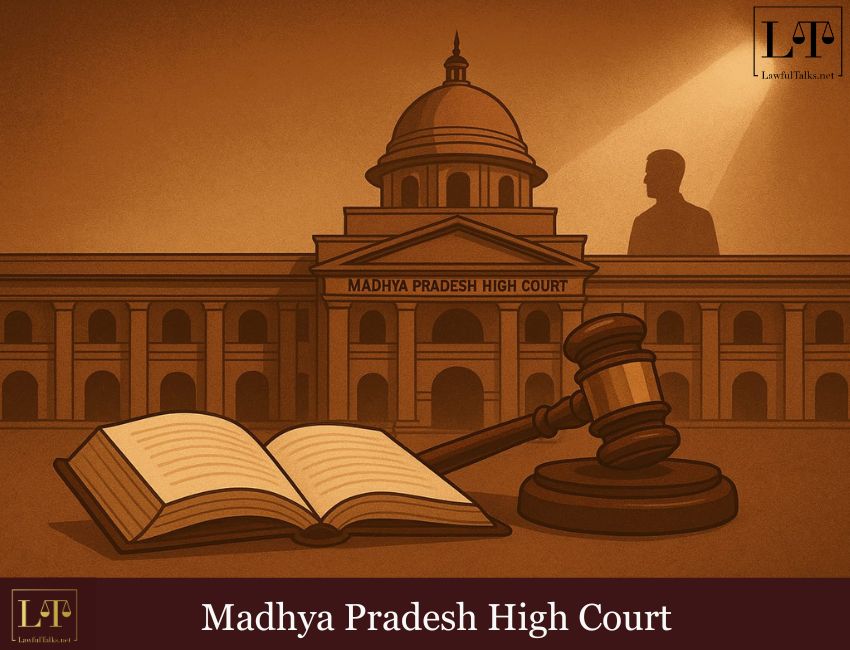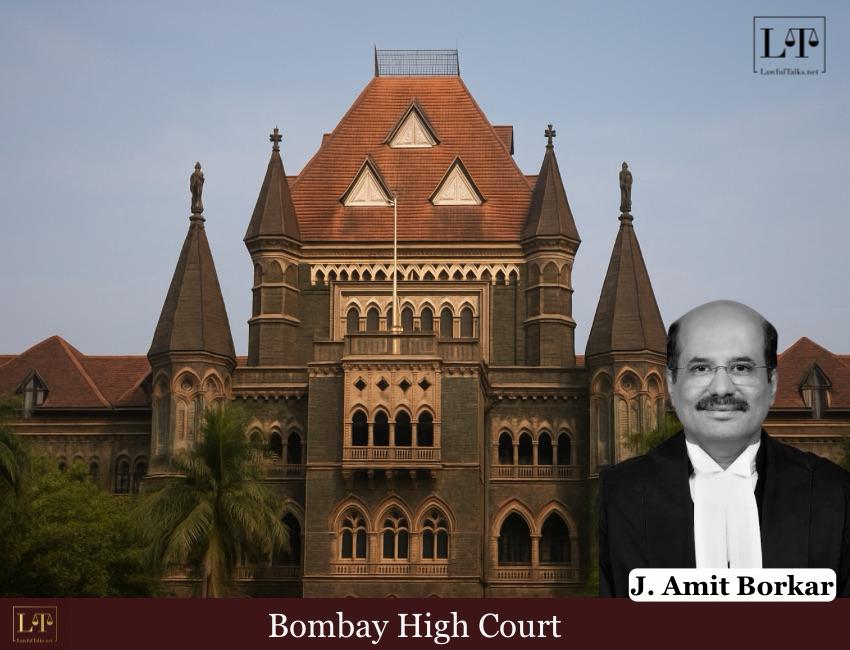Allahabad HC Sets Aside Afzal Ansari's Conviction, Allows Him to Continue as MP

The Madhya Pradesh High Court’s division bench of Justice Atul Sreedharan and Justice Pradeep Mittal, has taken suo motu cognizance of certain critical observations made by Single Bench Judge, Justice Rajesh Kumar Gupta, concerning an order passed by Additional Sessions Judge Vivek Sharma.

Background:
Such a controversy stems from paragraph 12 of the Single Bench order, which not only cancelled the trial court’s bail but also made sharp personal remarks against Judge Vevek Sharma, the 1st Additional Sessions Judge of Shivpuri.
The Single Bench alleged that the Trial Judge Sharma had acted with “ulterior motives” in framing a charge only under section 406 IPC, suggesting that this was done to give “undue advantage” to the accused. Further, the Single Bench directed that the matter be placed before the Chief Justice to consider disciplinary action against the District Judge concerned.
At the outset, the division bench held such a direction as chilling and found it absolutely uncalled for and in violation of the settled law of the Supreme Court. The bench reiterated the principles laid down in Sonu Agnihotri v. Chandra Shekhar (2024 INSC 888), where the Supreme Court had emphasized that while higher courts may set aside erroneous orders and even use strong language in critiquing them, personal criticism of judicial officers must be avoided. The distinction between criticizing an order and casting aspersions on the personal integrity of a judge was stressed, as the latter may cause prejudices and embarrassment to judicial officers.
The division bench observed that the Single Bench, while adjudicating bail applications, was not seized of any revision against the Trial Court’s order on charge. Therefore, the observations made on the merits of the framing of charge and the insinuations of misconduct were clearly beyond jurisdiction.
Further, the Division Bench highlighted the dual role of the High Court, as a guardian ensuring the independence of the District Judiciary and as a watchdog correcting errors committed by it. Protecting trial judges from unwarranted criticism by higher courts was emphasized as an essential facet of this supervisory responsibility. The court observed that “The High Court becomes the sentinel protecting the District Judiciary from its (High Court’s) excesses and ensure that the independence and fearlessness of the District Judiciary is not emasculated (as in weaken or reduced in power and authority).”
The Court noted that the Single Bench order does not fall within its appellate jurisdiction. It observed that, in comparable cases, the division bench of the High Court has suo motu entertained writ appeals, treating a bail order that exceeds jurisdiction as an order under Article 226.
However, the Division Bench stated that it would refrain from taking that approach and consequently instructed the Registrar General to approach the Supreme Court.
“As judicial discipline dictates the said orders under consideration are untouchable by this Court and it is only the discretion of the Hon'ble Supreme Court, if it so deems fit, to judicially consider the said orders, this Court directs the respondent to forthwith file a Special Leave Petition before the Hon'ble Supreme Court within a period of ten days from the date of this order.”

Akshaj Joshi
Law Student
Latest Posts
Categories
- International News 19 Posts
- Supreme Court 390 Posts
- High Courts 384 Posts




















































































































































































































































































































































































































































































































































































































































































































































































































